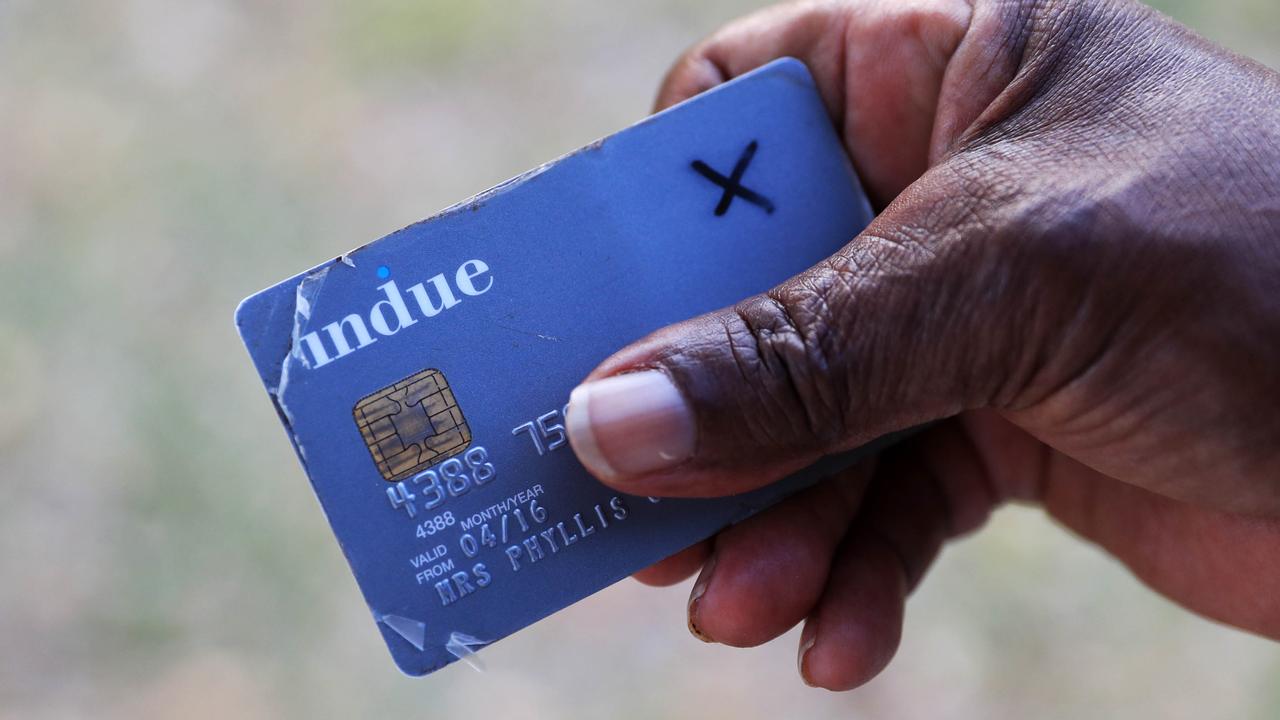Indigenous rating ‘too restrictive’ when real life calls
Sharon Winsor used her business not only to launch herself out of a bad divorce but to build on her people’s culture.

Sharon Winsor used her business not only to launch herself out of a bad divorce and a past of domestic violence but to build on the culture and history of her people.
The Ngemba Weilwan woman of western NSW has been in business for 19 years but created Indigiearth about three years ago, bringing together traditional bush tucker, natural skincare products and other services.
“This is all based on my culture and the biggest part of that value is sharing and respect,” she said.
“I’m doing this for me but also helping others in the community to set up their own business structures and wild harvesting programs. It helps keep employment and income in the community.”
Ms Winsor’s Mudgee-based enterprise was one of more than 360 surveyed in the largest quantitative study of indigenous businesses in the country, which called for the definition of what constitutes indigenous ownership to be relaxed.
The research found firms were being excluded from potential contracts because the nation’s leading indigenous supplier certifier, Supply Nation, requires a minimum 51 per cent indigenous ownership, management and control structure for its top-ranking certification.
“These definition issues are important because they relate to how policies to support indigenous enterprises are enacted, deciding which indigenous enterprises are able to participate in programs designed to support indigenous entrepreneurship,” the report says.
“In our fieldwork we found enterprises owned by indigenous community organisations and controlled by a board comprised of indigenous directors (which) employed non-indigenous managers to run the day-to-day operations of the business.”
The Charles Sturt University study cites two indigenous businesses, an art dealer and architectural design and building company, excluded from a $20 billion Japanese venture investing in Darwin to build liquefied natural gas processing facilities.
“Inpex has introduced an Aboriginal and Torres Strait Islander engagement strategy designed to support local indigenous businesses in Darwin through access to the Inpex supply chain,” the study says. “The architectural design and building enterprise could not take advantage of this program because Inpex adopted the Supply Nation indigenous enterprise definition.”
More than a fifth of businesses surveyed were in the professional, scientific and technical services sector, followed by 13.4 per cent in arts and recreation, and 13.4 per cent also in construction. “People with an indigenous background accounted for about 56 per cent of total employment created by our sample businesses, 1973 out of 3524 persons,” the report says.
Women were behind 40 per cent of businesses and were twice as likely to hire indigenous female employees, something Charles Sturt University’s economics professor Mark Morrison, the report’s author, said required more policy focus.
For Ms Winsor, the chance to offer opportunities to other women is what drives her. “I came out of a bad divorce, domestic violence, had the mental health problems,” she said.
“Doing this reminded me of the stuff I did as a child, it took me back inside myself. There are a lot of indigenous women who have gone through similar things and I want to help them, too.”



To join the conversation, please log in. Don't have an account? Register
Join the conversation, you are commenting as Logout